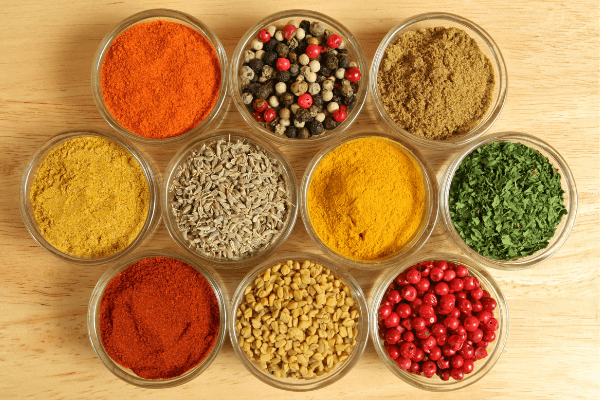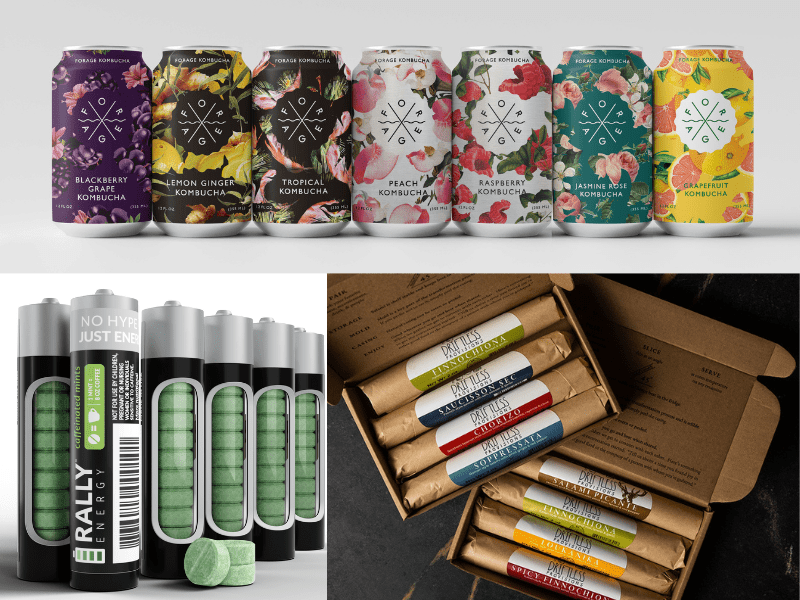 FFI is hiring a Farm Outreach Specialist in collaboration with the Wisconsin Small Business Development Center. This experienced individual will help grow and finance farm businesses across Wisconsin. Find the posting here. Applications due August 14.
FFI is hiring a Farm Outreach Specialist in collaboration with the Wisconsin Small Business Development Center. This experienced individual will help grow and finance farm businesses across Wisconsin. Find the posting here. Applications due August 14.
And now, our roundup of the best food and beverage finance news, events and resources from around the web…
 Business Model Insights
Business Model Insights
- How to work with co-packers to keep your brand alive in the COVID-19 era (Food & Beverage Insider) The real problems taking down brands during the pandemic are tied to two issues: their co-packer and the supply chain. Here’s a rundown of what’s happening and urgent advice to help food businesses protect themselves.
- Business lessons as second lockdown looms (New Hope Network)
- Why cash flow is the No. 1 predictor of surviving the pandemic (New Hope Network)
 Raising Capital
Raising Capital
- Regenerative Ag Investment Aims High by Focusing on Soil, Steady Growth (Regenerative Food Systems Investment Forum) Three fund managers who invest directly in farmland and farms share specific criteria they look for before opting to invest in or work with growers.
- Patent protection is an essential first step ahead of fundraising (FoodNavigator-USA)
- Private Equity Will Show Its True Colors in the Covid-19 Recovery (Forbes)
 CPG/National Brands
CPG/National Brands
- U.S. online grocery sales growth tails off in June (Supermarket News) Sales hit $7.2 billion in June, up 9% month-over-month but less than the double-digit increases of April and May, reveals the latest Brick Meets Click/Mercatus Grocery Survey. However, total online orders, the number of active consumers and order frequency all surged last month.
- Sustainability opportunities for each packaging format (New Hope Network)
- Specialty Food Sales Reach $158.4 Billion in 2019, Sales Continue to Rise During COVID-19 (Food Industry Executive)
 Market Trends
Market Trends
- 5 consumer purchasing trends that will outlast the pandemic (New Hope Network) The early rush of panic-buying and empty shelves is receding, but buying pattern shifts suggest that new shopping habits are settling in—habits that could benefit the natural products industry.
- How COVID-19 has changed the way we eat, according to five experts (Fast Company)
- Flour power: How manufacturers helped baking become the hottest new trend (Food Dive)
 Farming and AgTech
Farming and AgTech
- The first round of USDA food box contracts is finished. The program is off to a rocky start (The Counter) Although the plan to connect struggling farmers directly with families seemed to make perfect sense, USDA 25%—10 million boxes—short of its forecasted delivery. There are several likely reasons for that.
- Farmers’ sentiment rebounds from low, but worries persist (Fern’s Ag Insider)
- Farmers and animal rights activists are coming together to fight big factory farms (Vox)
 Deals/M&A
Deals/M&A
- ‘Bittersweet’ moment for Odwalla co-founder as Coca-Cola axes the brand and focuses on more ‘scalable’ innovations (FoodNavigator-USA) Had the 40-year-old brand simply become stale—or does this move suggest larger lessons about how Big Food deals with “challenger” brands?
- KRAVE creator acquires Chef’s Cut Real Jerky Co under Sonoma Brands as part of ‘roll-up strategy’ (FoodNavigator-USA)
- Hart Dairy receives strategic investment from Next Gen Nutrition (Dairy Reporter)

Virtual events
- Rodale Institute Organic Field Days: 7/13–7/17
- Direct 2020 Farm Conference: 8/4
- Spark Change (in lieu of Natural Products Expo East): August dates TBA
- Food & Nutrition Conference & Expo: 10/17–10/20
In-person events
- (CANCELED) Seafood Expo North America: 9/22–9/24 in Boston, MA
- Food Safety Summit Conference & Expo: 10/19–10/22 in Rosemont, IL
- Food Edge Summit: 10/21–10/22 in Boston, MA
- Bakery Showcase Toronto:10/8–10/9 in Toronto, Ontario
- Produce Marketing Association Fresh Summit: 10/15–10/17 in Dallas, TX
- Americas Food & Beverage Show: 11/2–11/3 in Miami, FL
- PACK EXPO International: 11/8–11/11 in Chicago, IL
- Kosherfest: 11/10–11/11 in Secaucus, NJ
- PLMA Private Label Trade Show: 11/15–11/17 in Chicago, IL

